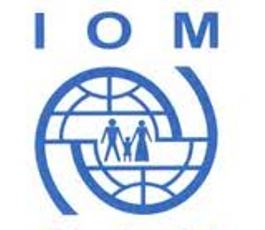Sudan faces world’s largest internal displacement crisis: IOM
October 16, 2023 (KHARTOUM) – Sudan has become the largest internal displacement crisis in the world with over 7.1 million people displaced within the country, 4.5 million of whom have been displaced since violence erupted in mid-April, the UN migration agency said.
Latest figures from the agency show that approximately 3 million of the displaced people are originally from Khartoum, the capital and the epicenter of the ongoing conflict.
Over 1.2 million people have reportedly fled to neighbouring countries, with Chad receiving the most arrivals followed by Egypt, South Sudan, Ethiopia, Central African Republic and Libya.
“The humanitarian situation in Sudan is catastrophic with no end in sight and civilians are the ones paying the price,” said IOM Director General Amy Pope.
“We urge the international community not to turn their back on Sudan and to urgently support relief efforts before this leads to an even deeper humanitarian tragedy”, she added.
According to the UN migration agency, the surge of newly displaced people across Sudan has overwhelmed public services and resources in the areas of arrival, creating appalling living conditions for millions of people who face a daily struggle to survive.
The situation, it stressed, is further exacerbated by significant damage to infrastructure, the collapse of banking and financial services, frequent interruptions to the internet, telecommunications and electricity supply and the destruction of health facilities.
Nearly 80 per cent of the displaced population reported that health services are either not available or inadequate, and most people (86 per cent) lack electricity, available data from IOM’s Displacement Tracking Matrix (DTM) indicates.
IOM has been at the forefront of the response since the onset of the crisis, providing life-saving assistance to over 444,000 people in Sudan. The Organization is expanding its operations by opening new offices in cities including Kosti, Wad Madani and Wadi Halfa.
The agency appealed to the international community for additional funding and support in facilitating unrestricted and safe access to deliver critical aid where it is most needed.
(ST)

